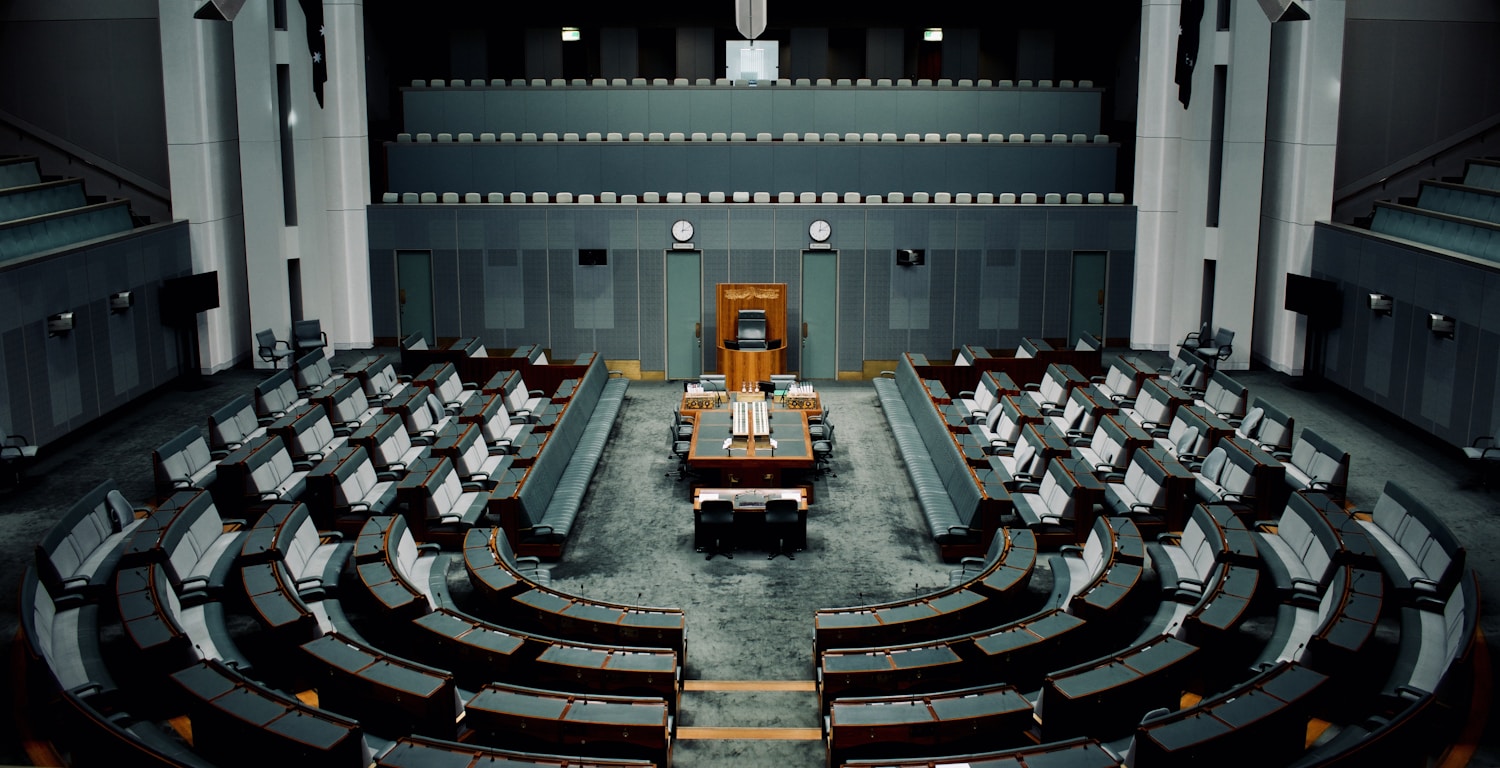Are the WTO and regional trade tribunals (legally) fit to adjudicate remotely?
 Almost one year after the WHO officially declared the COVID-19 outbreak as a pandemic, it is still unclear (despite the optimism reigning in some of us):
Almost one year after the WHO officially declared the COVID-19 outbreak as a pandemic, it is still unclear (despite the optimism reigning in some of us):1. When will the ongoing pandemic will end.
2. When will things go "back to normal".
3. And what "normality" will look like in the first place.
The pandemic has demonstrated that working from home is not as bad as once thought. Judicial systems, law schools, and lawyers alike have learned to adapt to the extraordinary disruption that this pandemic has caused. We have, in the simplest of words, learned how to live "a new normal".
One lesson that WTO litigants (and international trade litigants in general) have surely learned, in trying to keep the system afloat during the pandemic, is that trade courts must be prepared to adjudicate remotely.
Through comparing the practice of the WTO and Regional Trade Agreements (RTA) tribunals with that of other state-to-state judicial bodies (particularly, the ICJ and the ITLOS), as well as with the practice of the International Criminal Court (ICC) and the International Residual Mechanism for Criminal Tribunals (IRMCT)), I realized how much fitter these other systems are to adjudicate remotely compared to how less fit the WTO and RTA systems are. It is worth noting that the International Bar Association issued a revised version of its Rules on the Taking of Evidence in International Arbitration on December 2020. The most significant amendment adopted by the IBA relate to the introduction and use of remote hearings. At the time of writing, the WTO legal system does not contemplate rules on the holding of remote hearings or meetings. RTA legal systems tend to follow suit.
International criminal trials
By far, the most complex dispute settlement mechanisms of international adjudication are those of the international criminal courts - the ICC and the IRMCT being at the forefront of this group. It is thus insightful to see how well equipped the ICC and the IRMCT are to adjudicate remotely - despite the level of sophistication of the litigation taking place at those forums.
The IRMCT Chambers are allowed by statute to order that proceedings are conducted remotely. For example, Article 96 of the IRMCT Rules of Procedure and Evidence states that:
At the request of a Party or proprio motu, a Judge or a Chamber may order, if consistent with the interests of justice, that proceedings be conducted by way of video-conference link.
This IRMCT rule has been in place since June 2012.
The ICC Rules of Procedure and Evidence do not contain an homologous provision, but recent guidelines were issued in June 2020 to enable the holding of remote hearings. The only scenario contemplated in these Rules for the holding of remote hearings pertains to certain extraordinary procedures, adjudicated by the Appeals Chamber, which are dedicated to reviewing the penalty of a sentenced person. According to Article 224 of the ICC Rules, the hearings relating to such procedures "may be conducted by way of a videoconference" and only "under exceptional circumstances". However, even though the ICC Rules themselves do not expressly authorize ICC Chambers to hold remote hearings, the ICC issued on 23 June 2020 the Guidelines for the Judiciary Concerning the Holding of Court Hearings During the COVID-19 Pandemic. These COVID-19 guidelines authorize all ICC Chambers to determine whether any hearings can take place by way of physical hearing held in one or more of the ICC’s courtrooms, a remote hearing facilitated through the use of communications technology, or a combination thereof.
State-to-state dispute settlement
At the state-to-state dispute settlement level, both the ICJ and the ITLOS grant statutory powers to their judges to decide whether to hold meetings or hearings entirely or in part by video-link.
The possibility to hold remote hearings was not expressly foreseen in the ICJ Rules of Court until 25 June 2020, however, when then ICJ added a new Article 59(2) and amended Article 92(2) in its Rules of Court to enable such a possibility. The amendments were made as a means to adapt to the disruption caused by the COVID-19 pandemic.
Article 59(2) of the ICJ Rules of Court provide that:
The Court may decide, for health, security or other compelling reasons, to hold a hearing entirely or in part by video link. The parties shall be consulted on the organization of such a hearing.
Article 92(2), which concerns the reading of the ICJ judgements, was amended to stipulate that:
The judgment shall be read at a public sitting of the Court. The Court may decide, for health, security or other compelling reasons, that the judgment shall be read at a sitting of the Court accessible to the parties and the public by video link. The judgment shall become binding on the parties on the day of the reading.
Similarly, the ITLOS amended numerous provisions of its Rules of Tribunal to enable the holding of meetings and hearings entirely or in part by video-link. Specifically, the ITLOS modified Articles 41, 74, 112, 124, and 135 on 25 September 2020. These provisions expressly mention "public health, security or other compelling reasons" as possible grounds to adjudicate remotely.
Remote hearings in international arbitration
In the realm of international arbitration, the International Bar Association (IBA) issued on 17 December 2020 a revised edition of its Rules on the Taking of Evidence in International Arbitration. These rules are widely used in international arbitration. The most significant amendments that were made to these rule relate to the use of remote hearings. More specifically: (1) a definition of the term "remote hearing" was added in the Definitions section of the rules; and, (2) a new paragraph was added to Article 8 (Evidentiary hearing) to cover the use of remote hearings.
A "remote hearing" means:
a hearing conducted, for the entire hearing or parts thereof, or only with respect to certain participants, using teleconference, videoconference or other communication technology by which persons in more than one location simultaneously participate;
The new paragraph added to Article 8 of the IBA Rules on the Taking of Evidence read as follows:
“2. At the request of a Party or on its own motion, the Arbitral Tribunal may, after consultation with the Parties, order that the Evidentiary Hearing be conducted as a Remote Hearing. In that event, the Arbitral Tribunal shall consult with the Parties with a view to establishing a Remote Hearing protocol to conduct the Remote Hearing efficiently, fairly and, to the extent possible, without unintended interruptions. The protocol may address:
(a) the technology to be used;
(b) advance testing of the technology or training in use of the technology;
(c) the starting and ending times considering, in particular, the time zones in which participants will be located;
(d) how Documents may be placed before a witness or the Arbitral Tribunal; and
(e) measures to ensure that witnesses giving oral testimony are not improperly influenced or distracted.”
Remote hearings and meetings at the WTO
The practice of the above adjudicative bodies stands in stark contrast with the latest version of the WTO Appellate Body Working Procedures (2010), the DSU (1995), and the rules of most regional trade panels, which do not contemplate the possibility of holding hearings via video-links.
Yes, it is true that the WTO and other regional trade tribunals can adopt case-specific rules of procedure, and through them adapt to unforeseen extraordinary circumstances (such as a pandemic); this has been happening in practice. However, based on how fitter other homologous judicial systems are compared to the WTO and RTAs at a statutory level, one wonders whether WTO Members and RTA parties should consider granting general statutory rights to these judicial bodies for them to hold remote hearings and meetings even if something as awful as a pandemic comes along.
What is more, is is unclear what the "new normal" will look like once the pandemic is (hopefully) over. A mixture of physical and remote presence seems to be how the new normal will shape up during the years to come. The pandemic has showed us that adjudicating remotely, while disruptive at first instance, has significant benefits for judicial institutions (in the form of time and cost savings) as well as for the individuals participating in disputes.
Providing security and predictability to the multilateral trading system is one of the cornerstone objectives of the WTO dispute settlement mechanism, and it appears that the system is not legally fit to live up to this standard if remote adjudication ultimately becomes the norm. In getting in shape, international trade tribunals may want to draw lessons from how other systems have been adapting to adjudicate remotely, Remote meetings and hearings, online case filing, and virtual taking of expert evidence are some of the measures that come to mind which could contribute to making the work of WTO and regional trade tribunals pandemic-ready. Adjudicating remotely could also speed up delivery times, an issue that has been well documented and discussed recently.AUTHOR(S)

Manuel Sanchez, Ph.D.
Partner, International Trade
Olga Larionova
Partner, Technology Transfer
Sandra Acimovic
Partner, Data Privacy
Rodrigo Orozco
Partner, Trade Remedies
Claudia Rodriguez
Partner, Corporate Law